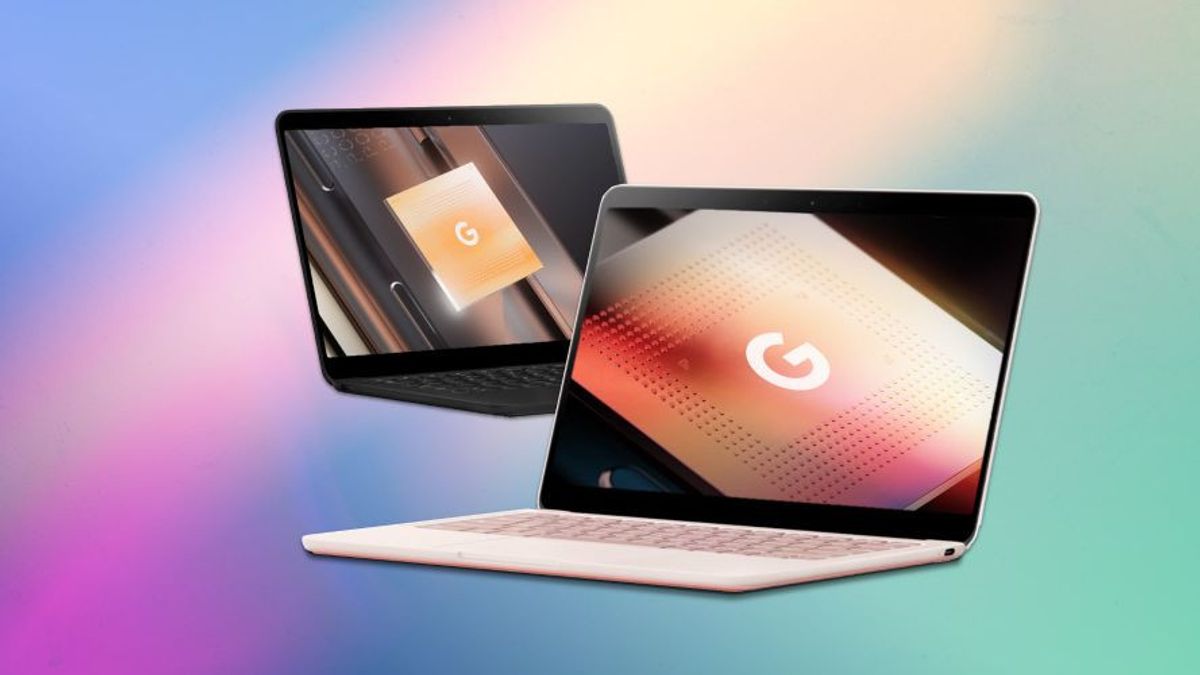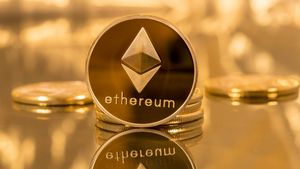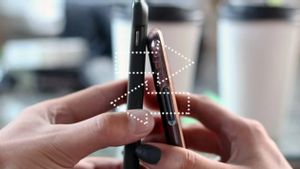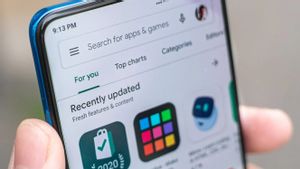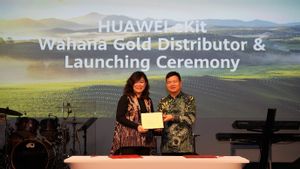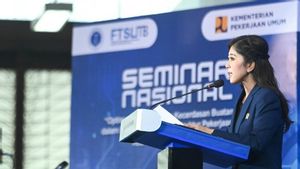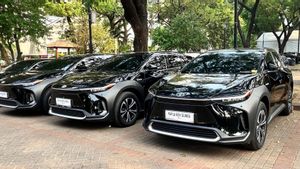JAKARTA - The Apple M1 turned out to be a big hit, with growth in Macs and MacBooks surging after the introduction of the new chip. This shows that Google can and should follow this pattern with its own Tensor processor.
Google's current product line is very similar to Apple's. Both design phones, laptops, watches, earbuds, and both use their own operating systems for the devices. Today, Apple is finding much greater success, and Google's recent efforts may suggest that they may be setting records on how to replicate this winning strategy.
Apple is known for its tight integration of hardware and software, which is one of the things that sets it apart from almost all other manufacturers of computer and mobile technology. Starting at the core of each device, designing the processors used in iPhone, iPad, Apple Watch, HomePods, AirPods, and now even Macs.
The operating system (OS) that controls each of these devices was developed by Apple. The overall product design and pre-installed apps are also all made by Apple. This means that a problem is never out of reach and the best solution is always available, whether it's in an application, an OS, a system component, or even within the silicon chip itself. Issues can be isolated and addressed, while improvements that help with performance and efficiency can be handled holistically, maximizing system-wide potential.
Google has a rare opportunity after designing its own silicon to use its new Tensor chip as the basis for an entire line of processors that power its devices with a level of unified purpose that might rival Apple's.
Microsoft is trying to achieve this with its forays into hardware and has had success with the Surface tablet, Surface Laptop, and Surface Book, although Windows Phone hasn't had enough momentum.
According to Nikkei Asia, Google may be planning to take a step into the trail pioneered by Apple by putting its own chip designs into future Chrome OS devices starting in 2023.
Google Tensor Silicone
Google has announced that its Tensor processor will power the new Pixel 6 and 6 Pro smartphones, enabling advanced computational image processing for enhancements to photos and videos as well as faster artificial intelligence output used throughout the system. By customizing lower-level components to suit higher-level system requirements, both performance and efficiency can be improved, sometimes dramatically.
Google has done it on a smaller scale with the Pixel Visual Core and Neural Core chips that power the main Qualcomm processors used in previous Pixel models. The upcoming Pixel 6 phone will be the first example of what a company like Google can achieve when it comes to bringing its particular needs to a dedicated chip design and this integration can be as impressive as Apple's efforts.
Going beyond Pixel phones, Google could launch a new Pixelbook laptop with a Tensor-based chip in 2023, if rumors from Nikkei are true. Google also has the upgraded Fitbit and Pixel smartwatches, adapted to Google's silicon that can take Wear OS to new levels of performance and capabilities while integrating into the ecosystem alongside Pixel phones and Pixelbooks to function as universal keys, as Apple has done with Apple Watch.
SEE ALSO:
Google develops Android, Chrome OS, and Wear OS, so competition with Apple is unmistakable and makes sense both financially and in terms of brand positioning and consumer interest. For years, the biggest choice computer buyers made was whether to go for Windows or Mac, but the future may see Google and Apple being the top contenders on almost every level.
Google's Tensor is an interesting mobile processor that makes the Pixel 6 and 6 Pro smartphones that much more interesting. However, the chip may be the lever that Google uses to increase its profits, even though after a year Apple dominates mobile technology and is advancing rapidly in the computer market.
The English, Chinese, Japanese, Arabic, and French versions are automatically generated by the AI. So there may still be inaccuracies in translating, please always see Indonesian as our main language. (system supported by DigitalSiber.id)
